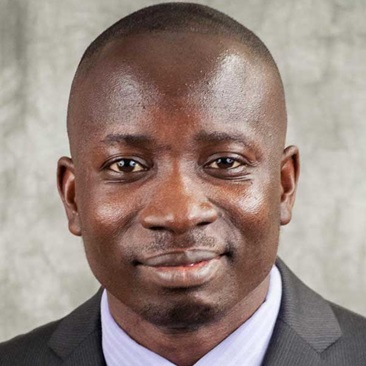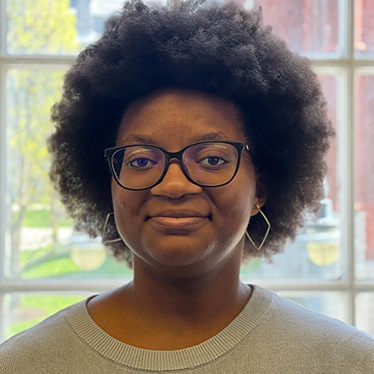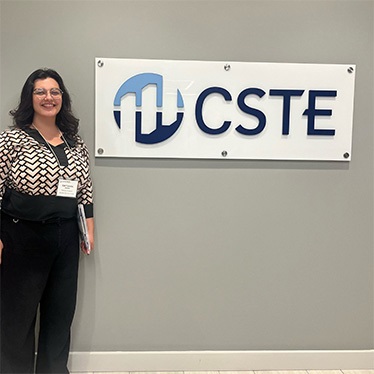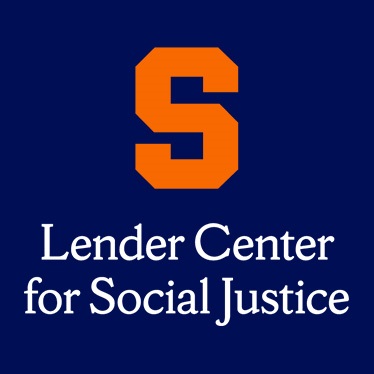Mellon Foundation Names Tessa Murphy a New Directions Fellow
March 25, 2024
The honor comes with funding for training for qualitative analysis of archival information in her research of people who were enslaved in British Crown Colonies.
The Mellon Foundation has selected Tessa Murphy, associate professor of history, as a New Directions Fellow. The distinction comes with a three-year, $289,000 grant that will support a year of coursework at Syracuse University’s School of Information Studies (iSchool), as well as research in archives in Great Britain, Saint Lucia and Trinidad.
The iSchool coursework will enable Murphy to learn how to extract, organize, analyze and visualize large volumes of archival data that has previously been examined through primarily quantitative and demographic lenses. The material includes registries of enslaved people in the nineteenth-century British Caribbean.
Between Great Britain’s abolition of the transatlantic slave trade in 1807 and the 1833 Slavery Abolition Act, colonial officials oversaw the registration of every individual who was enslaved in the Empire, including more than 700,000 people in the Caribbean. Registers for Crown Colonies—British territories acquired in the late-eighteenth and early-nineteenth centuries and ruled through metropolitan Orders in Council, such as St. Lucia, Trinidad and the colonies that became British Guiana—are particularly detailed.
“Obtaining training to analyze these registries through the lens of social history will allow me to transform seemingly static lists of chattel into rare windows on the experiences of people who lived and labored on Great Britain’s plantation frontiers,” Murphy says.
The fellowship is one of 10 awarded nationally by the Mellon Foundation this year. It is intended for humanities scholars whose research calls for formal training in a discipline other than the one in which they are expert.
Murphy’s current research grew out of her first book “The Creole Archipelago: Race and Borders in the Colonial Caribbean” (University of Pennsylvania Press, 2021), which traced how Indigenous Kalinagos, free and enslaved Africans, and European settlers forged creolized societies that frustrated the colonial plans of the English and French Crowns. The book was awarded prizes from the Association of Caribbean Historians, the Forum on Early-Modern Empires and Global Interactions, and the French Colonial Historical Society. Additionally, it received the James A. Rawley Prize in Atlantic History from the American Historical Association.
Murphy’s areas of expertise include the Atlantic world, comparative history of the early Americas, slavery and race, the colonial Caribbean and the age of revolutions. She offers courses on Atlantic history, slavery and freedom in the Americas, and borderlands and empires from the margins.
Her previous research has been supported by the numerous organizations, including the National Endowment for the Humanities, the Social Sciences and Humanities Research Council of Canada and France’s Institut National d’Études Démographiques.
By Michael Kelly
Published in the Spring 2024 issue of the Maxwell Perspective
Related News
School News

Dec 1, 2025
School News

Nov 25, 2025
School News

Nov 18, 2025

